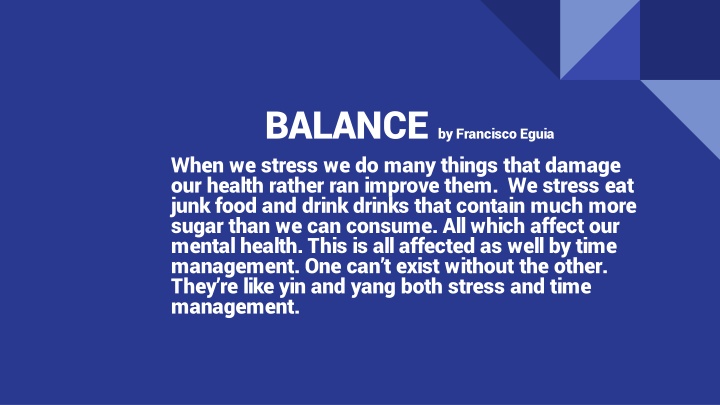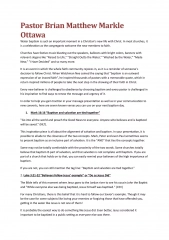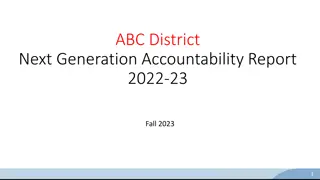Lead Pastor Accountability Process
The Lead Pastor Accountability Process involves annual reviews to assess progress on church-wide and personal goals, quality of performance, and developmental objectives. The process includes setting objectives, collecting feedback, and finalizing goals to support the pastor's leadership.
Download Presentation

Please find below an Image/Link to download the presentation.
The content on the website is provided AS IS for your information and personal use only. It may not be sold, licensed, or shared on other websites without obtaining consent from the author.If you encounter any issues during the download, it is possible that the publisher has removed the file from their server.
You are allowed to download the files provided on this website for personal or commercial use, subject to the condition that they are used lawfully. All files are the property of their respective owners.
The content on the website is provided AS IS for your information and personal use only. It may not be sold, licensed, or shared on other websites without obtaining consent from the author.
E N D
Presentation Transcript
BALANCE by Francisco Eguia When we stress we do many things that damage our health rather ran improve them. We stress eat junk food and drink drinks that contain much more sugar than we can consume. All which affect our mental health. This is all affected as well by time management. One can t exist without the other. They re like yin and yang both stress and time management.
STRESS: Stress is a feeling of emotional or physical tension. It can come from any event or thought that makes you feel frustrated, angry, or nervous. Stress is your body's reaction to a challenge or demand. In short bursts, stress can be positive, such as when it helps you avoid danger or meet a deadline. But when stress lasts for a long time, it may harm your health.
STRESS MANAGEMENT: Stress management is a wide spectrum of techniques and psychotherapies aimed at controlling a person's level of stress, especially chronic stress, usually for the purpose of and for the motive of improving everyday functioning
TIME MANAGEMENT: Time management is the process of organizing and planning how to divide your time between specific activities. Good time management enables you to work smarter not harder so that you get more done in less time, even when time is tight and pressures are high. Failing to manage your time damages your effectiveness and causes stress.
MENTAL HEALTH Mental health includes our emotional, psychological, and social well-being. It affects how we think, feel, and act. It also helps determine how we handle stress, relate to others, and make choices. Mental health is important at every stage of life, from childhood and adolescence through adulthood. Over the course of your life, if you experience mental health problems, your thinking, mood, and behavior could be affected. Many factors contribute to mental health problems, including: Biological factors, such as genes or brain chemistry Life experiences, such as trauma or abuse Family history of mental health problems























